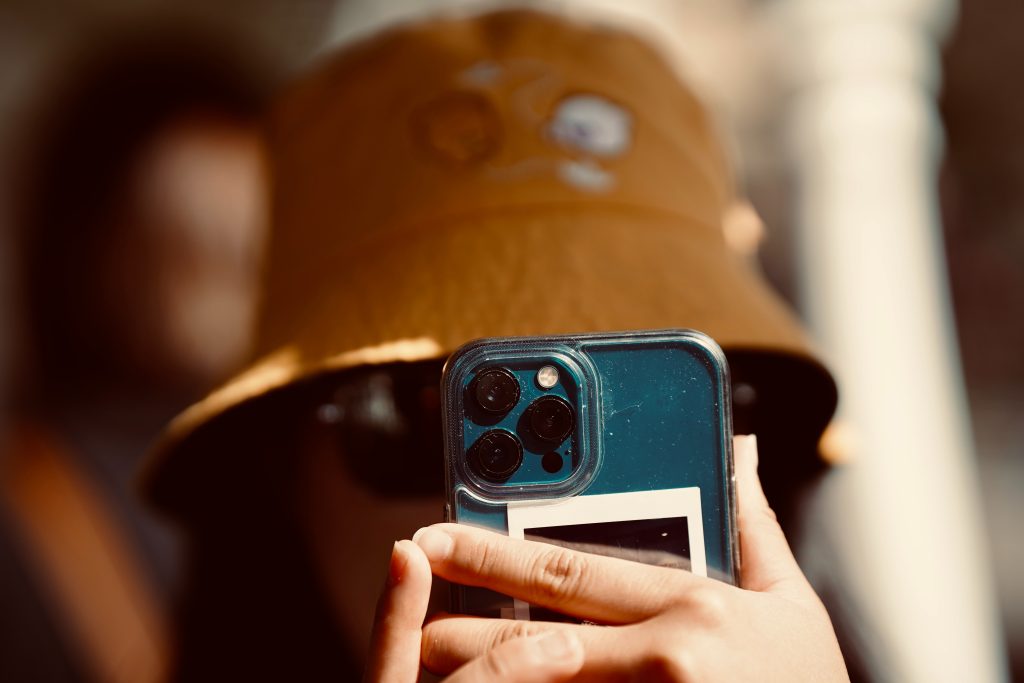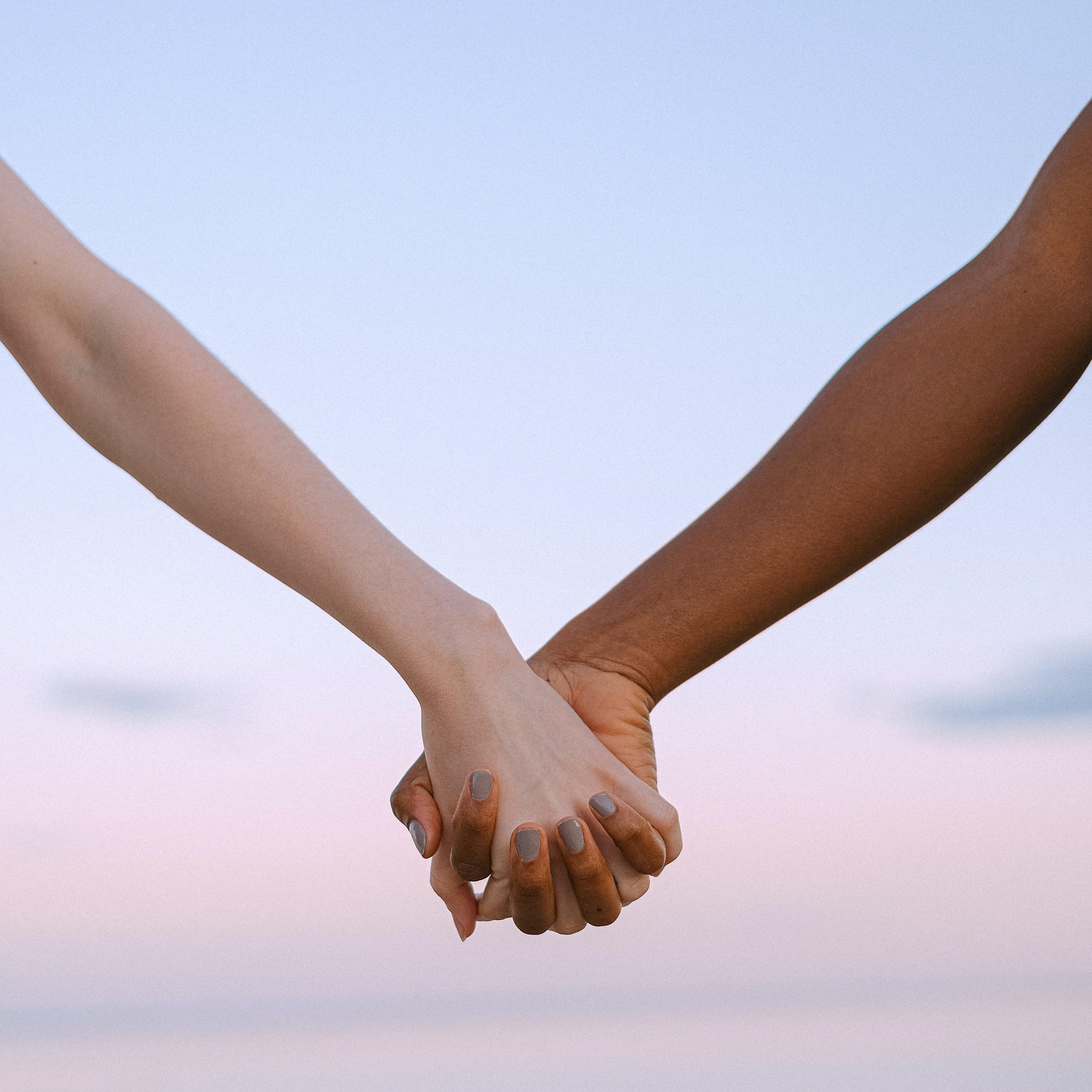In my last post I discussed the possible consequences of posting images of children online. A part of that discussion was consent. Even if children give their consent to their image being shared, it’s unlikely that they understand the full implications of that action. Today I’ll also be discussing missing consent, but this time around posting images and videos of strangers on social media. Why do people do it? How is this surveillance morally acceptable? And what are the consequences? It may never again be possible to leave our homes without the risk of being photographed or filmed as we go about our business; humiliated so that someone else can go viral and get clout. If I want to go on a grocery run in yesterdays’ t-shirt and unwashed hair, it should be within my right to do so without strangers on the internet making fun of me for it.
Anyone and everyone can be content.
We’ve always got a kick out of mocking unsuspecting strangers on the internet. Remember the website People of Walmart? Here people post pictures of people spotted in Walmarts, that they’ve deemed to be worthy of ridicule. Charming right? But this was 2009. Facebook was just taking off, and Douyin (the predecessor of TikTok) wouldn’t be launched until 2016. The way that social media has taken over the world since then, creating influencer culture and virality, means that the scale and likelihood of being farmed for content has exploded. These days most camera phones are half-decent, and you’d be hard-pressed to find someone with zero social media presence. The desire by many to be a viral sensation means that any thoughts of the stranger they’re using as content go out of the window.
There are loads of ways strangers in public can be farmed for content, but some common ones are:
- Roping someone into a prank, skit, ‘act of kindness’, etc. without their knowledge or permission to post the footage online.
- Or go a step further, using footage of illegal activities such as harassment or trespassing into private homes, like the British internet nuisance Mizzy.
- Commenting on their actions or appearance, whether the comments are good or bad. Anything from complimenting an outfit to insulting their workout at the gym.
- Making them into the subject of a false narrative, like in Timothy Goodman’s case last year.

Why should they respect people’s privacy when no one else does?
We are being watched at a higher degree than ever before. Surveillance cameras follow our every move on the street; our every action on the internet is tracked and recorded; the UK government recently backed facial recognition technology in shops to reduce shoplifting. The organisations that run the world do so by watching our every move. If our privacy isn’t respected by them, then why should we respect each others’? Young people today have grown up in this world of surveillance. Digital privacy is alien to them, because they’ve never had it. Is this what has led to the breakdown of boundaries in public? Is this why it’s deemed acceptable to post strangers online? We’re all up for grabs, so the content creating ‘internet personalities’ might as well, before someone else does.
Random people obviously don’t deserve this humiliation.
I’ll give you a couple of specific cases of the hurt that being treated as a piece of content can cause:
The first comes from Australia. TikToker Harrison Pawluk faced backlash from media and the public when the recipient of a “random act of kindness” video dared to get offended. The subject of the video, Maree, is sitting in a food court, looking a little forlorn. Pawluk approaches her, asks her to hold a bouquet of flowers for him, and leaves, having supposedly made her day. Obviously he filmed and posted this without her consent. The video received 58 million views, with commenters calling it a sweet gesture. When Maree spoke up about the video later, we discovered the reality: she was actually fine, just grabbing some quiet time with a coffee, and highly resents this depiction as this sad, pathetic old lady cheered up by an influencer’s kindness. She found it dehumanising.
The next actually came across my own feed, showing it was viral enough to spread from the US to Europe. A couple’s engagement in a public park involving a flash mob dancing to Bruno Mars’ ‘Marry You’ was filmed by a passerby. Not so unusual. The problem was that person was filming to mock the couple. When posted, hundreds of others piled in to mock them too. The video went viral before the couple could even tell their family and friends. This lead to fear that the cruel video would be how they found out about the engagement. And don’t ask “why didn’t they do this in private?”. Central Park is where they first met, and was a special spot to them. Not that any of that is our business. Also, I’d like to see you fit a flash mob in an average New York hotel room.
Just another in the long list of ways social media has damaged our society.
Our fear of surveillance through social media is a long-running and legitimate one. From the American panic about Chinese state spying through TikTok, to Cambridge Analytica harvesting our data from Facebook, we’ve learned that we’re being watched. But most only consider the surveillance from governments and mega-corporations, not each other. Not us regular folks. But as stranger-generated content becomes more common, are we all going to turn against each other? Will we be suspicious of every person holding a phone? Only ever daring to go outside when we look our best? Social media is warping our morals, and the sooner we distance ourselves from it, the better off we’ll be.



